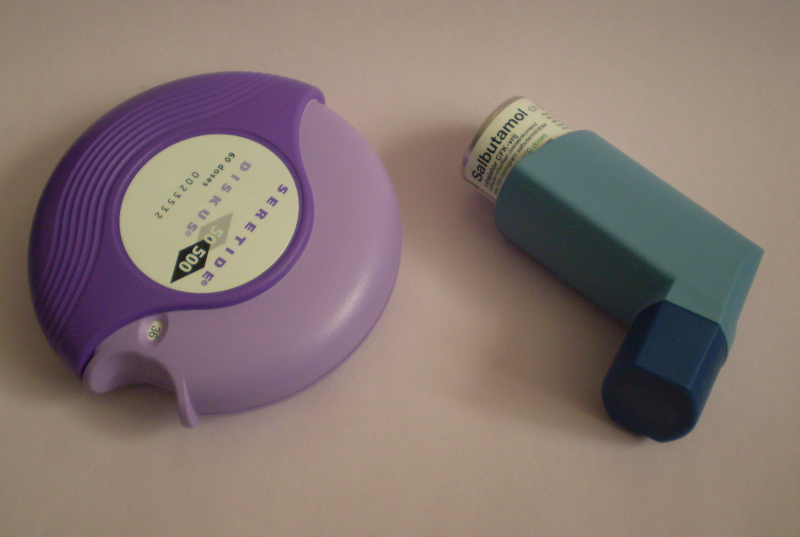The National Asthma Council Australia is urging doctors to speak with their asthma patients about getting vaccinated and ensure they are managing their asthma optimally
The COVID-19 outbreak makes the influenza vaccination more important than ever for the 2.7 million Australians with asthma.
The National Asthma Council Australia is urging doctors to speak with their asthma patients about getting vaccinated and ensure they are managing their asthma optimally.
National Asthma Council CEO Siobhan Brophy says seasonal viral respiratory infections are among the most common triggers for flare-ups, including potentially serious acute asthma, in adults and children.
“Receiving a vaccination in April, ahead of the peak influenza period, will help protect your patients’ health,” Ms Brophy says.
“It’s especially important for more vulnerable groups, such as those over 65 years, who may be more severely impacted by the flu.”
Ms Brophy says while we are still learning about how COVID-19 affects people with asthma, previous experience suggests that people with asthma are likely to be at more risk if they contract the disease.
“It’s crucial for patients with asthma to maintain good asthma control and follow the advice from health authorities, so they are ready as the virus spreads,” Ms Brophy says.
The National Asthma Council Australia has developed information in the Australian Asthma Handbook on managing asthma during the COVID-19 pandemic.
Key recommendations include:
- Make sure patients have an up-to-date written asthma action plan and access to all the medications specified in their plan.
- Avoid lung function testing during the COVID-19 containment phase, unless essential to guide management and if comprehensive infection control can be maintained.
- Advise patients with asthma to continue taking their inhaled corticosteroids, as stopping their preventer increases the risk of severe asthma flare-ups. Use systemic corticosteroids only when indicated.
- Do not use nebulisers to administer inhaled medicines, unless unavoidable. The use of nebulisers carries a high risk of transmitting viral infections.
Refer to the Australian Asthma Handbook for full details.
For further information or an interview with a National Asthma Council Australia spokesperson, please contact: Lelde McCoy, The Reputation Group. Mobile: 0417 362 768 Email: lm@thereputationgroup.com.au


